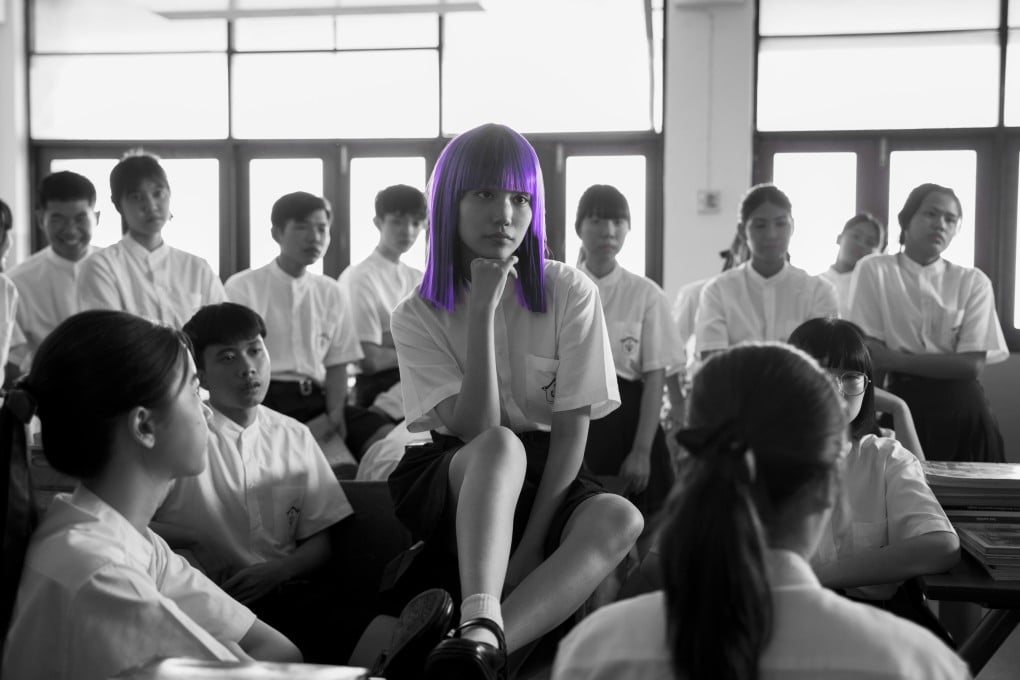What a view | Netflix’s Girl From Nowhere – a mysterious Thai schoolgirl unleashes karmic destruction
- Sadistic Thai schoolgirl Nanno moves from school to school in the Netflix series
- She brings out the worst in her schoolmates, and murder and mayhem follow

If you think your school days were tough, just be thankful you didn’t have Nanno as a classmate.
Taking vengeance and provocation to sadistic levels, Nanno (Kitty Chicha Amatayakul) is the anti-heroine of Girl From Nowhere (Netflix), an uncompromising look through the eyes of a teenage schoolgirl at the “filthy side” of human nature.
Equally seductive and treacherous, the mysterious Nanno is a vicious, Moriarty-level manipulator who roams from school to school, exposing the lies and deceit in which the young are drenched – by their peers and the authority figures meant to protect them.
And don’t be fooled by the “teen” tag Netflix bestows on the show’s two seasons: any cuteness soon dissolves into a difficult watch, with blood, battery and broken bones making regular appearances.

Nanno (whose name means “karma”) amounts to a sort of wandering spirit who punishes wrongdoers for their crimes and misdemeanours. Before her arrival at each institution, however, it is doubtful anyone suspects that schools harbour serial-killer pupils, boys who habitually impregnate girls, and long-term friends who suddenly start murdering each other at the first assumption of a mob mentality.
An insidious presence who worms her way into the minds and actions of her targets, Nanno represents that persuasive Thai mindfulness apparent when it comes to all things supernatural. That she is such a potent symbol is thanks in no small measure to the mesmerising performances, from one episode to the next, of Amatayakul. As the only recurring cast member, she carries both series by combining horror, empathy, aloofness and authority, dispensing some kind of fairness on behalf of tormented outsiders everywhere.
